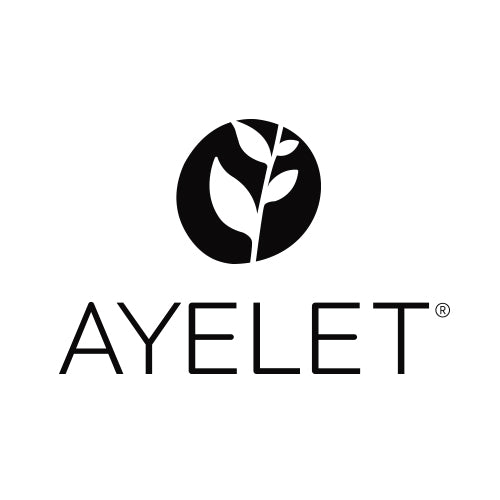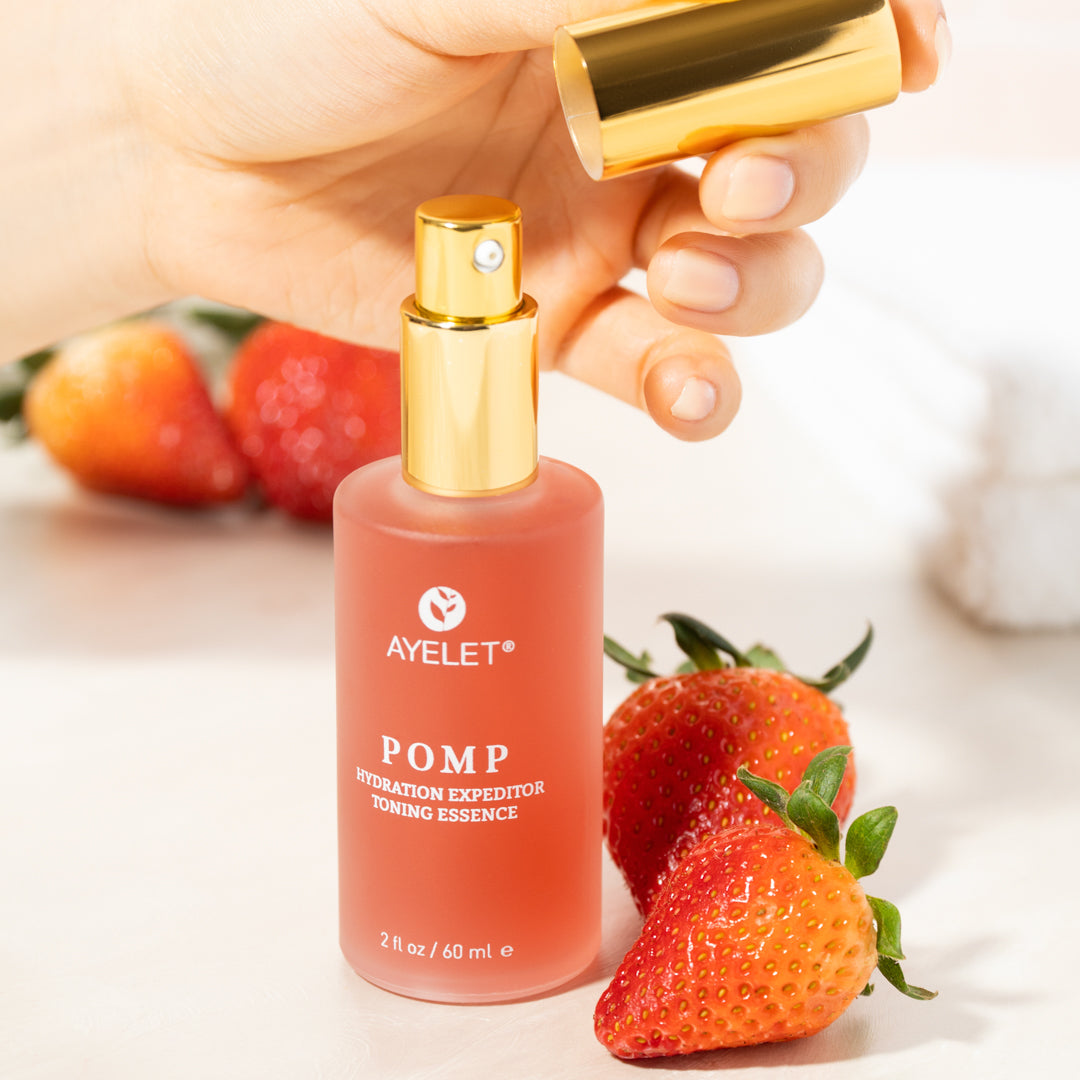CoQ10 or Q10 is short for coenzyme 10 and it is also known as ubiquinone or vitamin Q, CoQ10 is an oil-based vitamin substance that is found in the mitochondria {our cell’s energy centers in our bodies} and it is also an antioxidant involved a number of biological functions, including helping to produce energy, neutralizing free radicals, and keeping cells both inside the body and in the skin healthy.
In addition to its internal benefits, CoQ10 can also play a role in making skin look younger. CoQ10 levels decrease as you get older. Indeed, most women over thirty have below optimum levels of CoQ10 in the skin. The lack of CoQ10 results in an impeded ability to produce collagen and elastin. Collagen is important because it makes your skin firm, while elastin gives your skin flexibility. The loss of collagen and elastin causes your skin to wrinkle and sag.
CoQ10 also helps the skin by acting as a strong antioxidant. It helps to neutralize the harmful free radicals that are one of the major causes of aging. Thus, the age-related decline in CoQ10 also your skin is more prone to damage by free radicals.
Using creams that contain CoQ10 can effectively help fight the signs of aging. The CoQ10 can penetrate deeply to provide antioxidants and help create collagen and elastin.
CoQ10 production decreases as you age. Thus, older people seem to be deficient in this compound. When the sun’s UV rays hit your skin, free radicals are released that oxidize skin cells and lead to photo-aging symptoms, like skin discoloration and brown spots.
Studies have shown that Q10 is effective in slowing down these visible signs of UV damage. Once Q10 is absorbed through the skin, it penetrates and nixes the formation of oxidative stress the not-so-secret culprit of premature aging and skin cancer.


